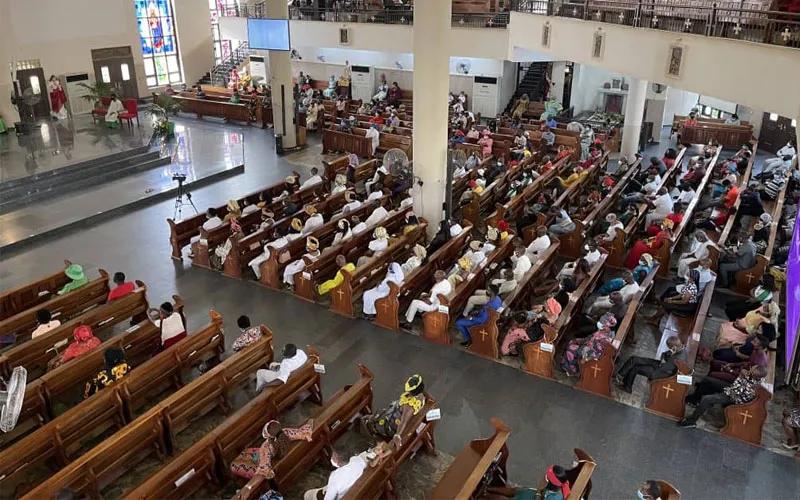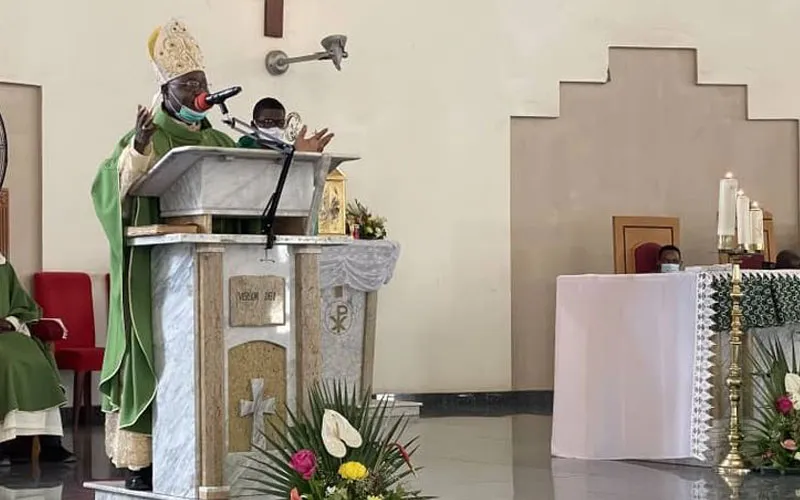Abuja, 16 February, 2021 / 5:40 pm (ACI Africa).
The Archbishop of Nigeria’s Abuja Archdiocese has called for the bridging of social gaps in the West African country that he says has been riddled with discrimination, with poverty being labelled a “social disease.”
In his Sunday, February 14 homily at Our Lady Queen of Nigeria Pro-Cathedral of Abuja Archdiocese, Archbishop Ignatius Kaigama highlighted the need to break the barriers between social classes in the example that Jesus gives when he heals the man with leprosy in Mark’s Gospel.
“By stretching out His hand and touching the leper, Jesus broke the barrier between the clean and unclean, to show us that in the family of God, no one is to be discriminated against, rejected or excluded,” Archbishop Kaigama said.
He added, “We must build bridges of love and not walls of hatred as we do today; to show compassion especially to those maltreated, deprived and rejected by society.”
According to the Nigerian Prelate, the disease of leprosy symbolizes the misery of the present-day “sin-infected society and disfigured humanity.”









